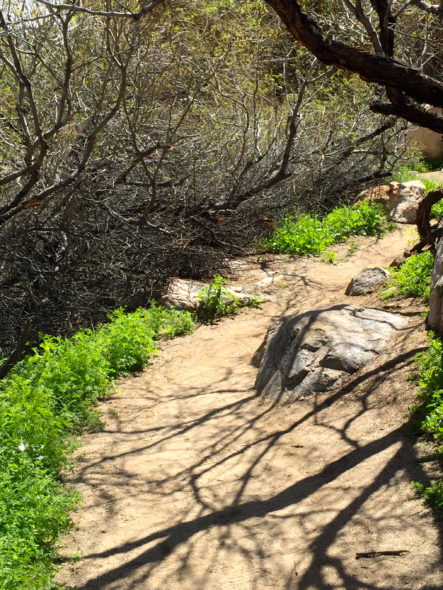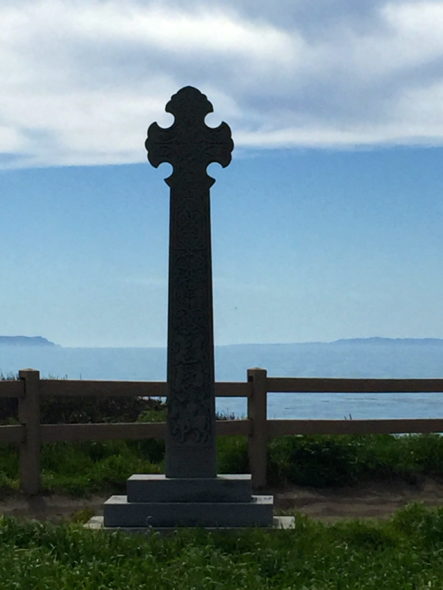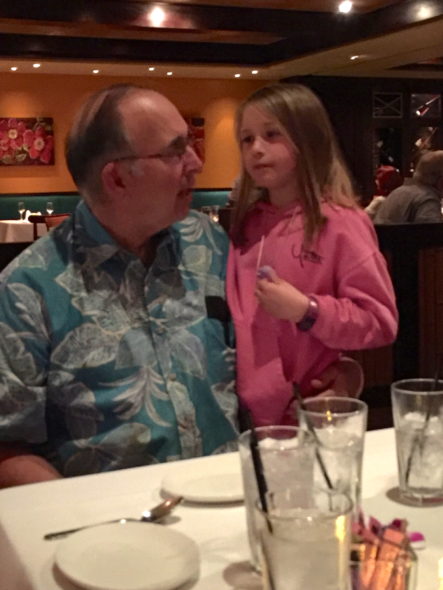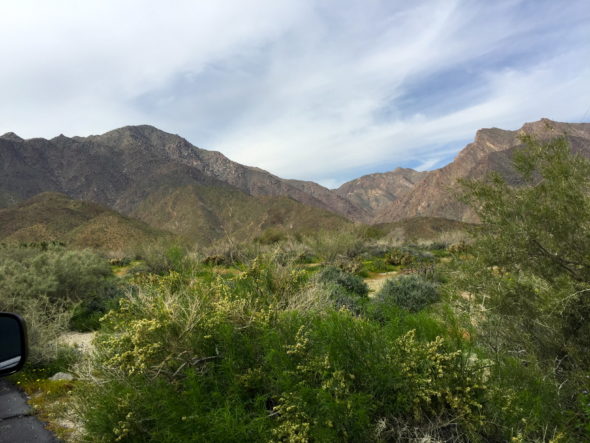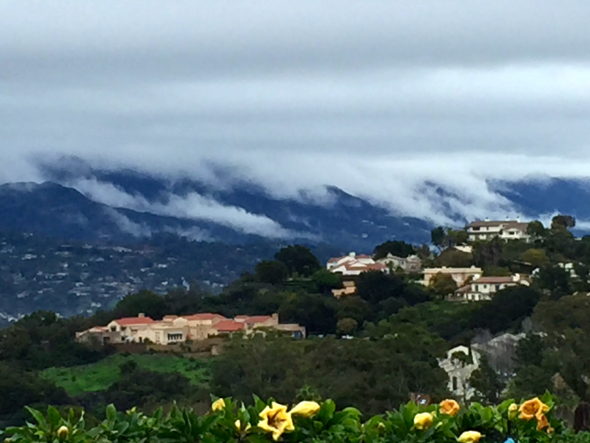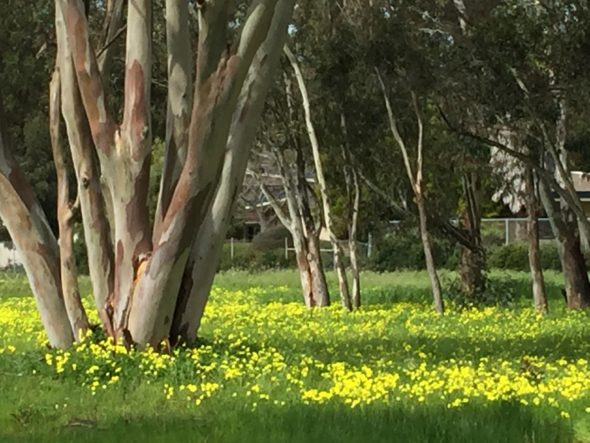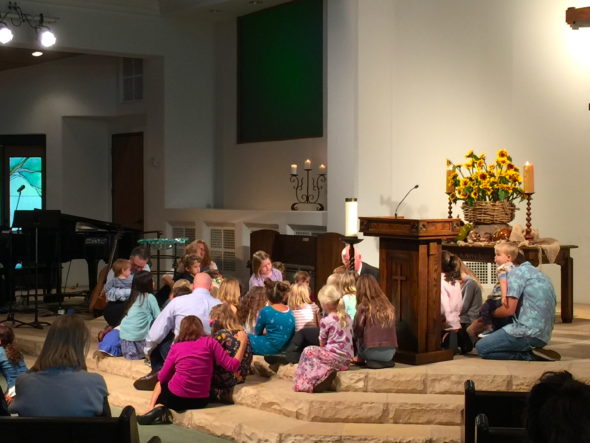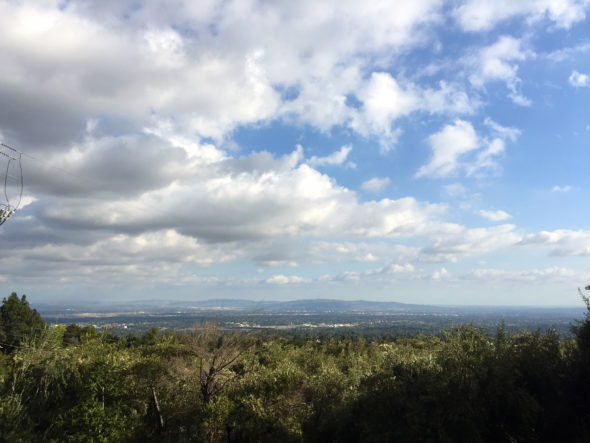Luke 7:1-10
After Jesus had finished all his sayings in the hearing of the people, he entered Capernaum. A centurion there had a slave whom he valued highly, and who was ill and close to death.When he heard about Jesus, he sent some Jewish elders to him, asking him to come and heal his slave. When they came to Jesus, they appealed to him earnestly, saying, “He is worthy of having you do this for him, for he loves our people, and it is he who built our synagogue for us.” And Jesus went with them, but when he was not far from the house, the centurion sent friends to say to him, “Lord, do not trouble yourself, for I am not worthy to have you come under my roof; therefore I did not presume to come to you. But only speak the word, and let my servant be healed. For I also am a man set under authority, with soldiers under me; and I say to one, ‘Go,’ and he goes, and to another, ‘Come,’ and he comes, and to my slave, ‘Do this,’ and the slave does it.” When Jesus heard this he was amazed at him, and turning to the crowd that followed him, he said, “I tell you, not even in Israel have I found such faith.” When those who had been sent returned to the house, they found the slave in good health.
They were on the way, just walking into town, the town that was kind of headquarters for this traveling band of teacher and learners. Just another day, you know? All of a sudden, the Jewish leaders approach Jesus. Uh-oh, you might think — and you’d have reason to think that, wouldn’t you??
But this particular crowd of Jewish people is very different from so many we read about in the gospels. They are friendly, not adversarial; they bring a request that is legit, not a ‘test’ of some kind. And . . . here is the kicker . . . they speak kindly and positively about a Roman, a Roman soldier, even.
Think about that for a moment. By and large, the relationship between conquered and conquerers has been iffy at best; downright hostile, at worst. Yet here we have the very unique situation of Jewish leaders coming to Jewish Jesus and asking him to consider the request of a Roman centurion.
That is wild and wooly fact number one. Here is number two: this particular Roman centurion is a stellar person, one who has faith in Jesus that goes beyond — well beyond — any faith yet exhibited by a Jewish citizen anywhere. And Jesus recognizes it — you can almost hear the awe in his voice, can’t you?
And almost like a toss-off remark, we are told that the servant in question . . . has been healed.
I think that Roman centurion is gonna be high on the list of folks I’d like to see when I get to heaven. How about you?
Lord, help us to welcome surprise. You took delight in this whole experience, didn’t you? Every detail confounded expectations — and that is a good, good thing. Help us to welcome such confounding, will you, please?
